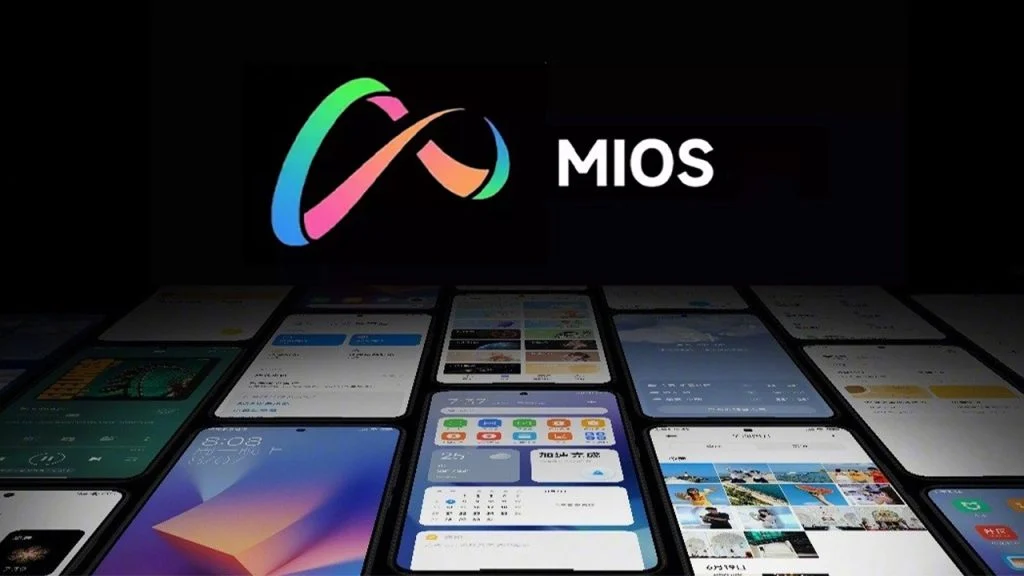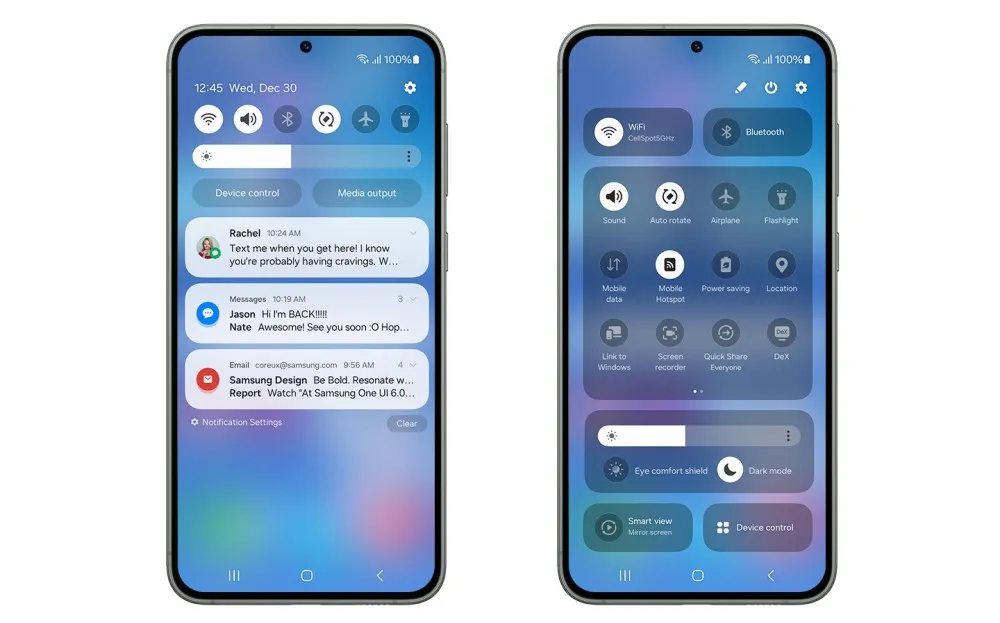Apple is facing difficulties as its sales take a significant hit in the crucial Chinese market. Tim Cook, the CEO of Apple, recently admitted the challenges posed by what he termed as "the most competitive market in the world."
The most recent data indicates a notable decrease in iPhone sales both globally and specifically in Greater China, encompassing Hong Kong and Taiwan. Global iPhone revenue fell by 10% in the first quarter, marking the most substantial decline since late 2020. In Greater China, iPhone sales dropped by 8% to $16.4 billion during the same period.
Declining iPhone Sales in China
Apple's market share in China's smartphone sector has been steadily dwindling, with iPhone sales plunging by 19.1% in the initial quarter alone. This slump has pushed Apple down to the third spot in the market, securing 15.7% of the local market share, trailing behind competitors such as Vivo and Honor.
Rise of Huawei in the Chinese Market
In contrast, Huawei, Apple's Chinese counterpart, has witnessed a surge in smartphone sales, registering a nearly 70% increase in the first quarter. Huawei's market share now closely follows Apple's at 15.5%, with the company's net profit skyrocketing by an impressive 564%.
Apple's Response and Future Plans
Despite the challenges, Tim Cook expressed optimism about Apple's long-term prospects in China. The company is heavily investing in artificial intelligence (AI) development, with Cook hinting at an upcoming AI strategy unveiling at Apple's annual Worldwide Developers Conference set for June.
While Apple's financial performance suffered due to the decline in iPhone shipments, company executives played down its significance, attributing it to tough year-over-year comparisons. Nevertheless, analysts are concerned about Apple's performance in China, where fierce competition from Huawei is impacting iPhone shipments.
Revenues and Future Prospects
Apple heavily relies on iPhone sales, contributing approximately 52% of its total revenues. Even though efforts have been made to diversify, other product categories like Mac computers saw only marginal growth, which was inadequate to offset the overall revenue decline.
In response to inquiries about the impact of investments in generative AI, Cook emphasized Apple's focus on services, which experienced significant growth in the March-ending quarter. However, questions remain about the ability of a hardware-centric company like Apple to effectively monetize software features amidst intense competition in the Chinese market.


